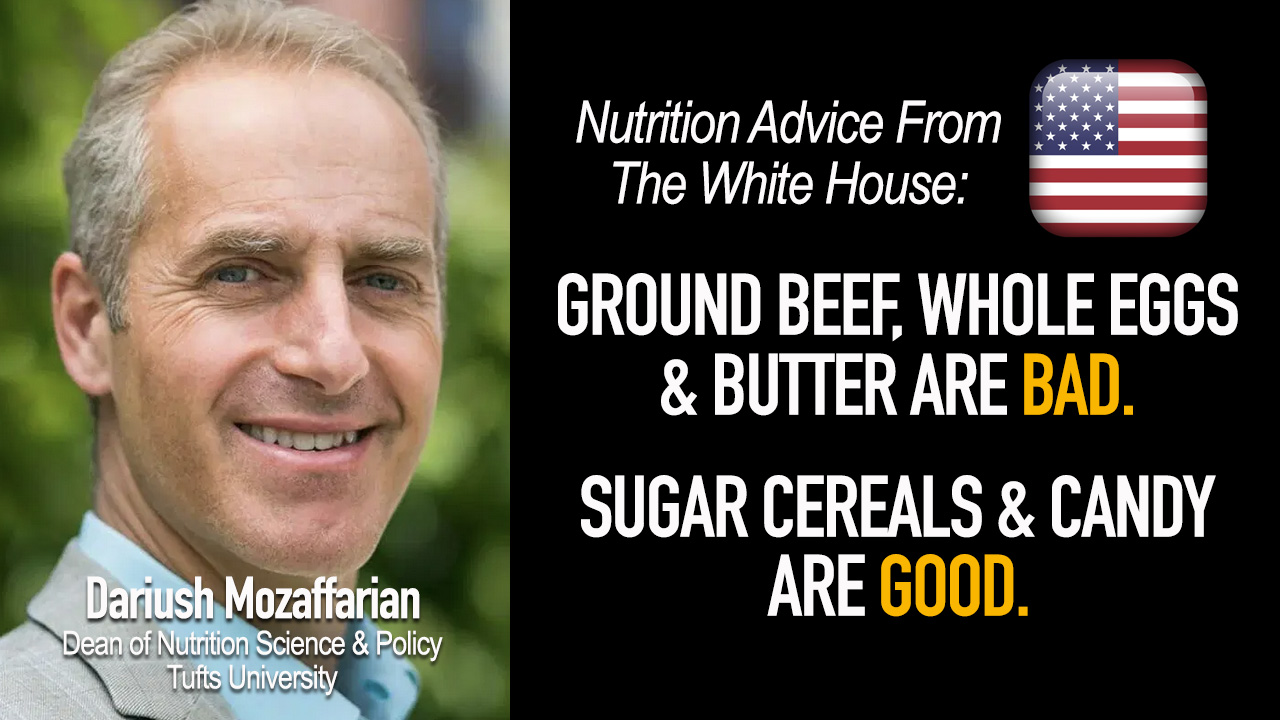A small number of huge companies dominate global food chain a study finds.
Two firms control 40% of global commercial seed market, compared with 10 companies 25 years ago, ETC Group says.
The dominance of a small number of big companies over the global food chain is increasing, aided by the rising use of “big data” and artificial intelligence, new research has found.
By Fiona Harvey (https://www.theguardian.com)
*Link to full article: https://www.theguardian.com/business/2022/sep/22/small-number-of-huge-companies-dominate-global-food-chain-study-finds
Only two companies control 40% of the global commercial seed market, compared with 10 companies controlling the same proportion of the market 25 years ago, according to the ETC Group, an eco-justice organisation.
Agricultural commodity trading is similarly concentrated, with 10 commodity traders in 2020 dominating a market worth half a trillion dollars.
Food prices have risen sharply in recent months, after the disruptions caused by the Ukraine war, and the continuing impacts of the Covid pandemic, sending the profits of key commodity traders and grain producers soaring.
Chinese companies are also coming to the fore, according to the ETC Group’s latest 141-page report published on Thursday. The Chinese state-owned company Cofco is now the world’s second-biggest agricultural commodity trader, behind only Cargill of the US, with sales in 2020 of just over $100bn (£89bn), compared with $134bn for Cargill.








